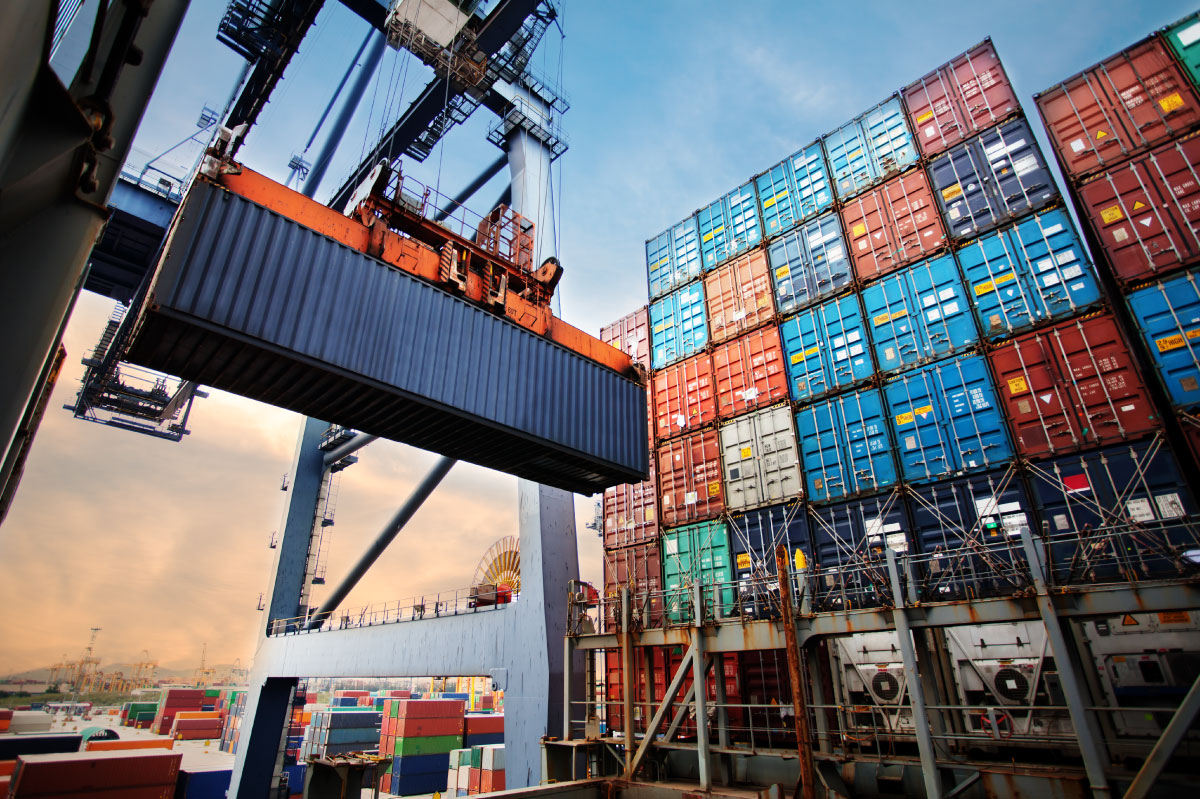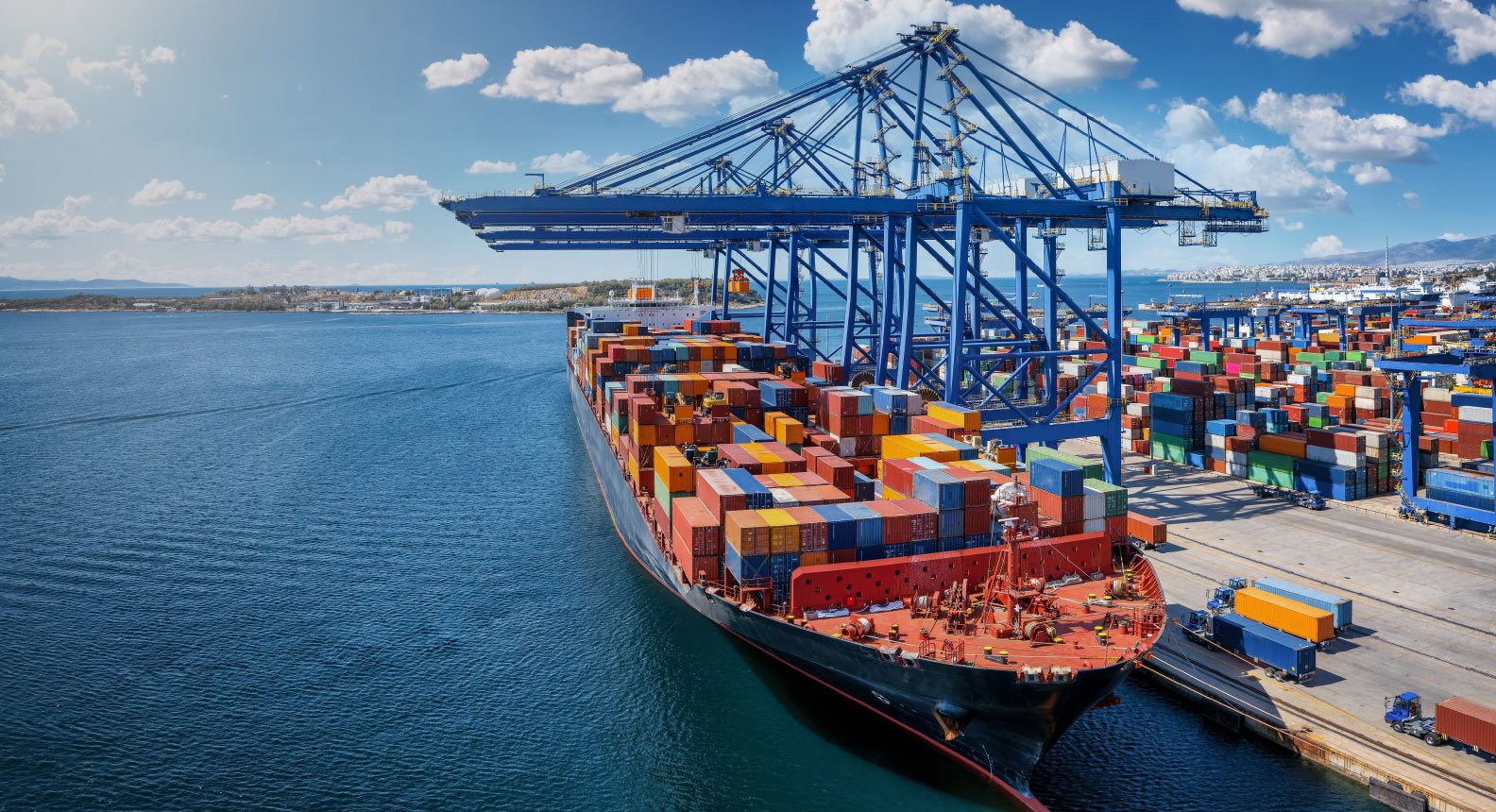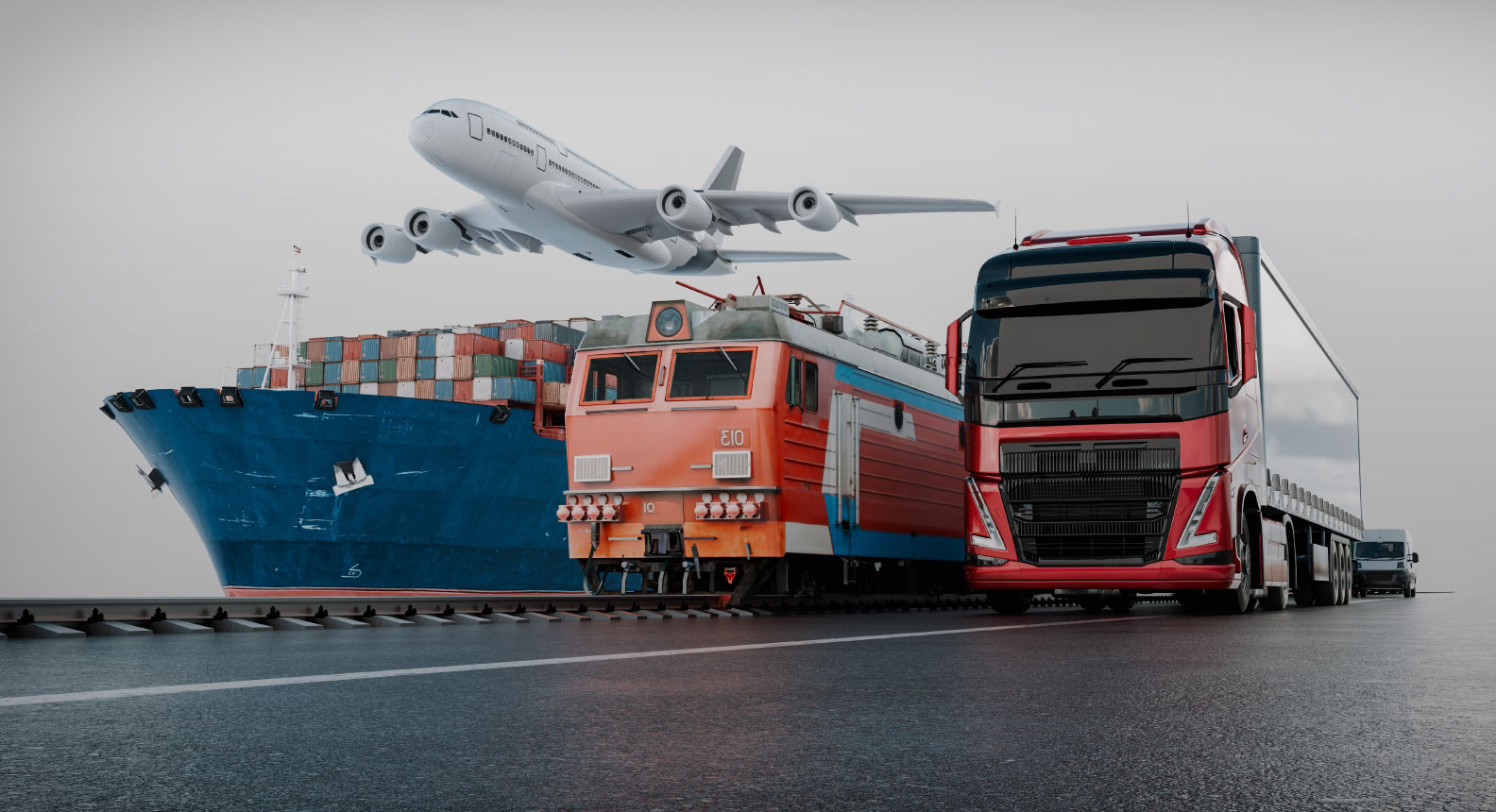Client Overview
DHL is a global logistics leader, providing freight forwarding services across all modes of transportation. The Ocean Freight Division coordinates Less-than-Container Load (LCL) operations across its network of National Gateways (NGWs) and Multinational Gateways (MNGWs), facilitating a vast volume of international cargo movement. LCL operations cover small shipments that cannot occupy the entire container; that is why they are combined to be transported in a single container.
Business Challenge
Before implementing the gRate Ocean Freight (OFR) module, DHL faced several operational challenges across its Ocean Freight operations.
Rate management was fragmented and decentralized, making the pricing and quoting process inefficient and difficult to standardize. The absence of end-to-end transparency limited visibility into rate data, impacting accuracy and agility in decision-making. Routing processes relied heavily on manual input, which was time-consuming, inflexible, and prone to human error. Additionally, the lack of seamless integration with downstream systems created data silos and delays, hindering overall operational efficiency.
Recognizing the need for a centralized, intelligent, and scalable solution, DHL selected Sirma as a trusted technology partner to address these challenges and help transform their freight rate management approach across the organization. Sirma’s deep knowledge of transportation and logistics was key to providing tailored insights, cutting-edge solutions, and a strong grasp of operational complexities, aspects which were critical for addressing global freight operations.
Project Objectives
Following a thorough analysis in close collaboration with DHL’s Ocean Freight Division, Sirma’s team defined the project’s strategic direction and methodology. The primary project goal was to address the challenges faced by automating and harmonizing the gateway tariff and routing guide processes within the global DHL Ocean Freight network.
Specific project objectives included:
- Building a centralized repository for LCL gateway rates and routing guides;
- Automating the rate build-up process;
- Establishing real-time integration with CW1;
- Enabling accurate transit time calculations;
- Empowering bulk import and configuration management.
Leveraging its industry expertise and agile delivery model, Sirma ensured the approach was both technically robust and aligned with DHL’s operational goals, laying the foundation for a solution that would enhance efficiency, ensure global consistency, and support future scalability.
Solution Approach

To pursue the above objectives, Sirma designed and delivered the OFR module of the gRate Tool. The solution was designed to address two significant areas of automation and optimization:
- Gateway Tariffs Automation: It was achieved by empowering MNGWs and NGWs to manage gateway rates (GRs) and digital freight matching (DFMs), optimizing freight operations, and improving service delivery. It involved intelligent tariff construction, which uses advanced algorithms to generate and adjust tariffs based on real-time data. It also provided visual indicators for rate changes, which help in making informed decisions quickly and efficiently.
- Routing Guide Automation: This was accomplished through dynamic management and updates, allowing the automatic adjustment of routes to accommodate changes. On the other hand, the introduction of transit time estimation enabled the precise determination of transit times, and MTS (market, target, strategic rates platform) integration and quarterly synchronization created the opportunity for optimized planning and improved services.
The solution provided a comprehensive set of key features, each tailored to address the specific demands of DHL’s global freight operations. The Bulk Import Functionality streamlined the process of uploading large volumes of data, significantly reducing the need for manual input and minimizing the risk of errors. Real-time CW1 Integration enabled seamless data exchange between systems, improving operational visibility and allowing teams to respond quickly to changes. The inclusion of Rate Change Notifications ensured that all relevant stakeholders were automatically alerted to pricing updates as they occurred, supporting timely decision-making. The Settings & Configuration Modules offered a high degree of flexibility, allowing the system to be easily customized to align with varying regional and business-specific requirements. Finally, the Transit Time Tools equipped users with powerful capabilities to estimate and compare transit durations across different routes, helping to optimize planning and improve service reliability.
By applying its industry-specific expertise, Sirma ensured the solution not only met DHL’s immediate operational needs but also aligned with long-term strategic goals for global process harmonization and efficiency.
Business Outcomes
The project delivered measurable results that significantly enhanced DHL’s operational performance. Manual effort was reduced by 80%, allowing employees to shift their focus to more strategic and value-added activities. Data duplication and errors were cut by over 90%, ensuring greater consistency and reliability of information across the network. The introduction of instant access to unified data enabled faster, more informed decision-making and boosted overall operational efficiency. Additionally, the customer quoting process became notably quicker, leading to improved service delivery and higher customer satisfaction.
Overall, Sirma developed a robust, scalable module tailored to the intricacies of global ocean freight operations. By significantly reducing manual work and data errors, it enhanced operational efficiency, accuracy and the quality of service across the network.
Conclusion
This project represents a successful leap toward automation and harmonization within global freight operations. DHL now enjoys a more scalable, resilient, and customer-centric Ocean Freight model. Ultimately, the project bolstered DHL’s competitive position in the ocean freight industry by leveraging technology to drive operational excellence and customer satisfaction.
By blending deep industry expertise with technical excellence and a proactive, solution-driven mindset, Sirma established itself as a trusted and indispensable partner. Our team’s ability to navigate the complexities of global freight operations, align seamlessly with DHL’s strategic vision, and deliver a customized, high-impact solution was key to the project’s success and lasting impact.


